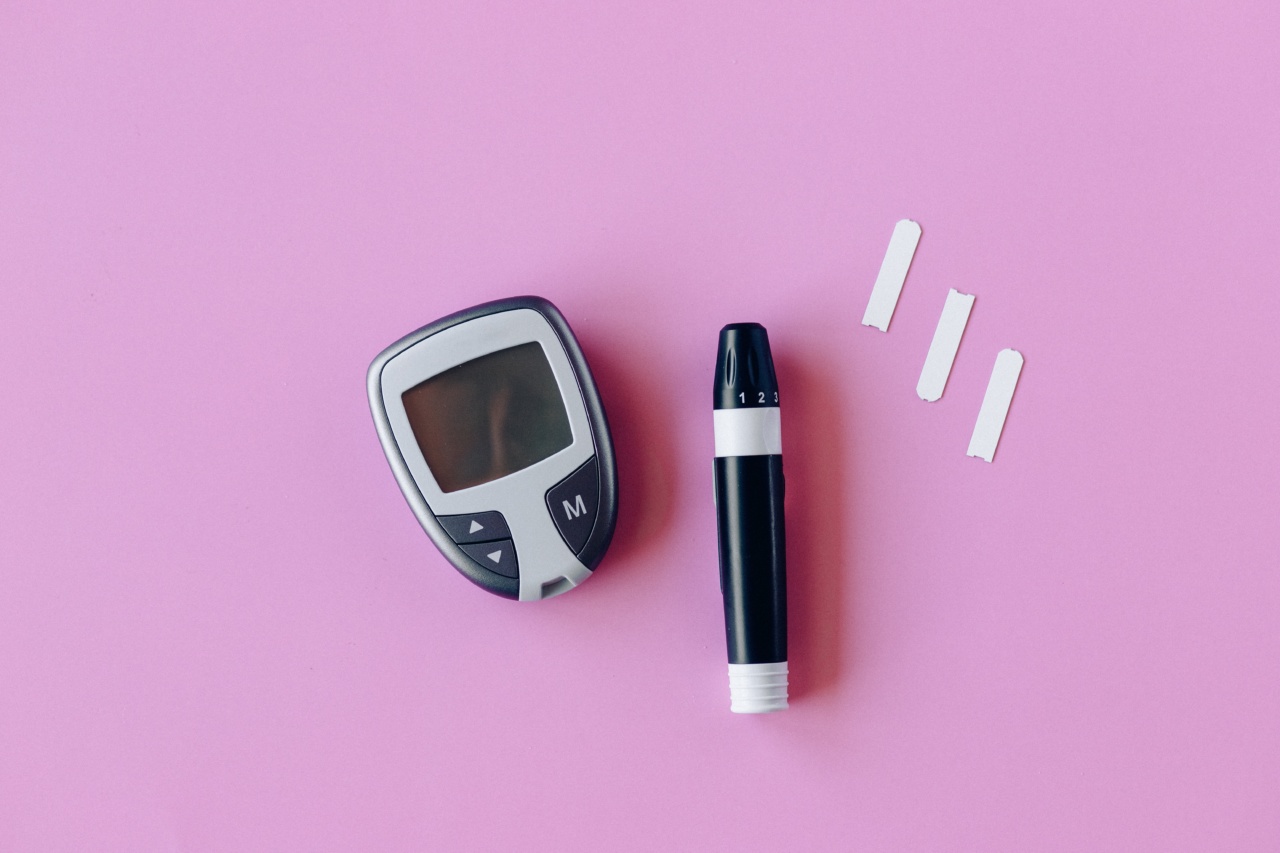Diabetes is a chronic condition that affects more than 463 million adults globally, according to the International Diabetes Federation (IDF). In the United States alone, 29.1 million people have diabetes, and it is the 7th leading cause of death.
Diabetes refers to a group of diseases that affect the way your body uses blood sugar (glucose). Glucose is the main source of energy for your body. When you have diabetes, your body either doesn’t make enough insulin or can’t use the insulin it makes effectively, resulting in high blood sugar levels.
Eating habits play a significant role in the development of diabetes. In this article, we will discuss the connection between eating habits and diabetes and how to manage your diet to prevent or manage diabetes.
What Is Diabetes?
Diabetes is a metabolic disorder that occurs when the body is unable to produce insulin or use it effectively. There are different types of diabetes, but the most common are type 1, type 2, and gestational diabetes.
Type 1 diabetes occurs when the body doesn’t produce insulin, a hormone that helps your cells use glucose for energy. Type 2 diabetes occurs when the body doesn’t use insulin effectively. Gestational diabetes occurs in pregnant women who have high blood sugar levels during pregnancy.
Uncontrolled diabetes can lead to severe health problems, such as heart disease, kidney failure, neuropathy, and vision problems.
The Connection Between Eating Habits and Diabetes
Everyone’s body needs some sugar for energy, but people with diabetes need to be extra careful about their sugar intake. Eating habits can affect blood sugar levels, insulin sensitivity, and overall health.
Eating habits can also contribute to the development of type 2 diabetes, which is typically associated with obesity. If you consume too many calories and sugary foods and drinks, your body may become resistant to insulin, which can lead to high blood sugar levels.
High blood sugar levels can damage your organs and nerves over time, leading to serious complications like heart disease and neuropathy.
Recommended Eating Habits for Diabetes
Healthy eating habits are essential for preventing and managing diabetes. A healthy diet can help you control your weight, maintain healthy glucose levels, lower blood pressure and cholesterol levels, and reduce the risk of heart disease.
Here are some recommended eating habits for diabetes:.
Include a variety of foods
Eating a variety of foods can help ensure that you get all the nutrients you need, including vitamins, minerals, fiber, and plant compounds. Aim for a variety of fruits, vegetables, whole grains, lean proteins, and healthy fats.
Choose foods that are low in saturated fat, sodium, and added sugars.
Aim for a balanced plate
A balanced plate usually includes half a plate of non-starchy vegetables, a quarter plate of lean protein, and a quarter plate of whole grains or starchy vegetables. Include healthy fats, such as olive oil, nuts, and seeds, in your meals in moderation.
Watch your portion sizes
Portion control is essential for managing your blood sugar levels and maintaining a healthy weight. Use smaller plates, measure your food, and avoid oversized portions.
Limit sugary foods and drinks
Sugar can quickly raise your blood sugar levels, which can lead to insulin resistance. Limit your intake of sugary foods and drinks, such as soda, candy, baked goods, and processed foods. Opt for sugar-free or low-sugar alternatives instead.
Avoid or limit alcohol
Alcohol can interfere with your blood sugar control and increase your risk of hypoglycemia (low blood sugar). Limit your alcohol intake to moderate amounts (up to one drink per day for women and two drinks per day for men).
Conclusion
Eating habits play a significant role in the development and management of diabetes. A healthy diet can help you control your blood sugar levels, maintain a healthy weight, and reduce the risk of complications.
Choose a variety of foods, aim for a balanced plate, watch your portion sizes, limit sugary foods and drinks, and avoid or limit alcohol to maintain a healthy diet.



























